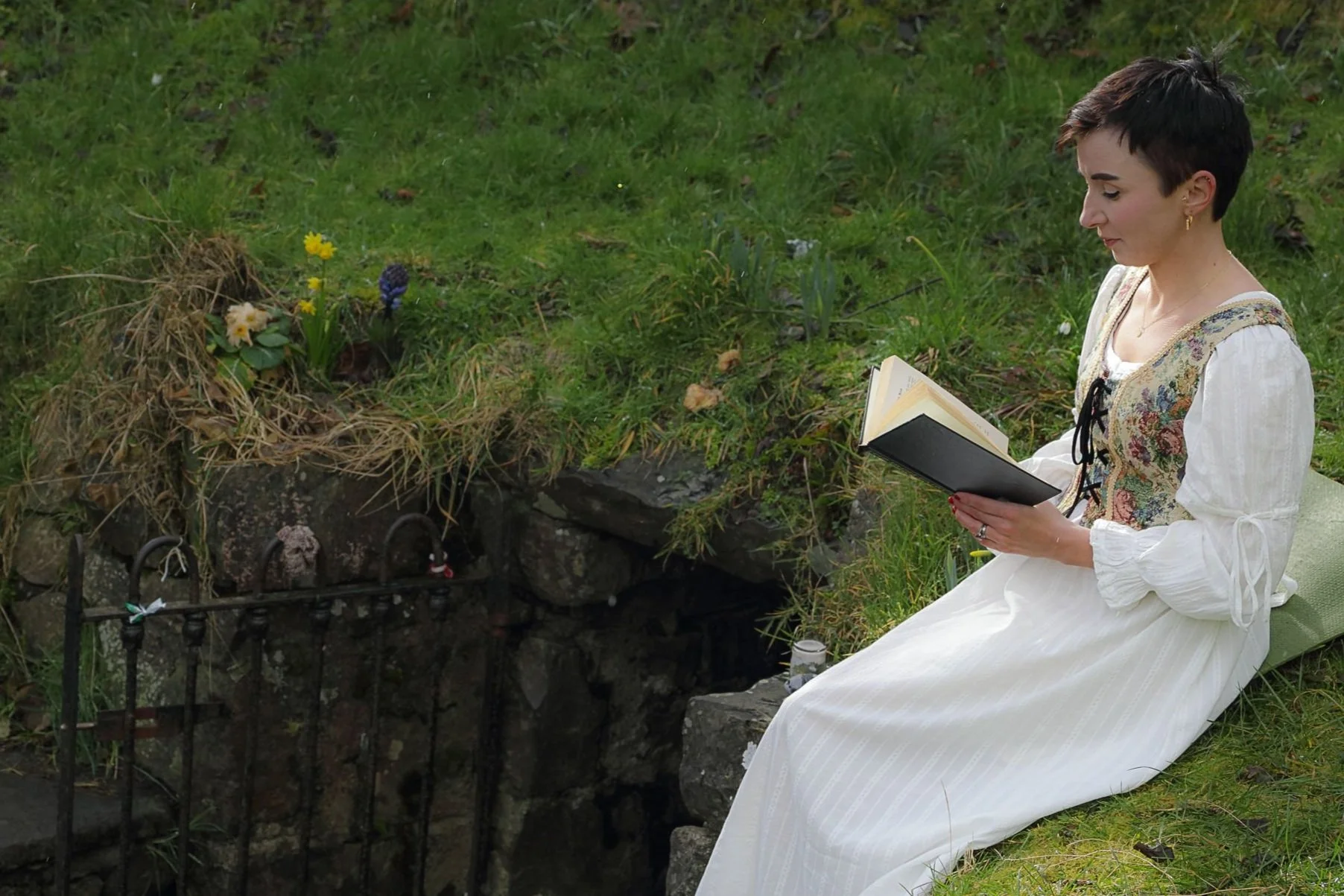
MUSINGS FROM THE OTHERWORLD
My current writings and musings on Celtic feminine mysticism and soulful living now find their home on Substack. I invite you to join me there but I’ve also preserved an archive of my previous writings (2021-2023) below.
Witches and Women’s Wealth
Your relationship with money is about power and your right to economic power. I believe that because we’ve been conditioned not to hold economic power within our own bodies - that this is a form of disembodiment for women.
*You can access the audio version of this blog here. Or on Spotify if you’d prefer to listen.
My work in the school at the moment has taken a dive into the witch wound. This is often described as the inherent fear we hold as women in our bodies about being seen and speaking our truth. For fear of persecution.
What’s fascinating to me is that when you bring money into this frame, the witch wound becomes an economic one.
For many women, money is triggering. Money is not simply an exchange of goods and services, but a shame-inducer. We have been conditioned to believe a myriad of nonsense about money, like that money is a zero-sum game, and that if you have it, someone else doesn’t—therefore you should not desire it.
This is stomach-churning when the world’s richest 1% who are mostly white men, own twice as much wealth as 6.9 billion people altogether. And to quote Oxfam, “much of this wealth is built on the backs of women working billions of hours every day doing unpaid or underpaid care work.”
The money stories that are relayed to us by capitalism seriously harm us. They also stagnate new economic possibilities that we as women can create.
Last year, I studied at Feminist Business School with Jennifer Armbrust, where we explored what a feminine economy might look like.
Money and Power
Your relationship with money is about power and your right to economic power. I believe that because we’ve been conditioned not to hold economic power within our own bodies - that this is a form of disembodiment for women. In theories of power, the most fundamental form of power is ‘power within’. Without this, all other forms of power are not possible.
If we want to disrupt capitalism, or simply have a better relationship with money, we have to be able to hold economic power in our bodies.
But first, we need to go back to the time when our economic system—capitalism—was birthed at the expense of women's bodies. We have to understand that the 'witch wound' is an economic one.
‘Witches being burned at the stake’, 1555 (from Germany)
Witch Hunts and Capitalism
In her cult classic, Caliban and the Witch, Sylvia Federici argues that the medieval witch hunts of Europe and the Americas that resulted in the horrendous torture and execution of hundreds of thousands of women—and the vilification of the feminine as demonic and cannibalistic —were necessary for capitalism to evolve.
We see this in two ways: Firstly, for early capitalism to grow, it needed more bodies to do more work cheaply. To feed this demand, it had to control the source of human life - womens’ bodies. During the witch hunts, many healing women who supported reproductive health through contraception, termination, and midwifery were murdered or forced into hiding.
The female body became the source of the workforce.
Secondly, in simple terms, we have two forms of labour. Labour for the marketplace, and reproductive labour, i.e., the caregiving work of home. We see this division of labour get coded as binary, as ‘male’ and ‘female’. Men work for a wage in the marketplace, women work for free at home.
This stripped away women’s agency and placed us firmly in the domestic sphere.
Alice Kyteler by Paddy Shaw
It also devalued reproductive labour as ‘free work’. Federici tells how in many cases women were forbidden to earn a wage. In fact, if a woman had money, it was seen as evidence of her making a pact with the devil. We see this in the case of Ireland’s first witch trial where Alice Kyteler who came from a Flemish merchant family and made her wealth through money-lending, was accused of getting this wealth from a sexual affair with a demon; an incubus.
Alice escapes prison but her maidservant Petronilla de Meath is flogged and burned at the stake in 1324.
Finding Economic Power in the Body
Of course, the heteropatriarchal, capitalist world we live in won’t disappear overnight. But capitalism lives first in the body, and by cultivating an embodied relationship with money, we can begin to disrupt it. Healing our traumatic relationship with money will take time, but by investing in the feminine economy and practising feminist business methods, we can begin to mend the economic witch wound.





